 What do different vitamins and minerals do to the body that can help with cycling fitness?
What do different vitamins and minerals do to the body that can help with cycling fitness?
- Vitamin B6. According to Trails.com, this vitamin is useful for breaking down proteins and helping the body transport oxygen to the muscles. It also has been shown to release serotonin, a neurotransmitter that helps you feel good.
- Vitamin E. According to LiveStrong.com, this vitamin has cycling-specific benefits that help cyclists increase stamina and endurance. It also has an antioxidant effect.
- Vitamin C. Most people are familiar with vitamin C’s ability to stave off sickness, which helps cyclists stay in top form. People may not be aware that vitamin C also helps build collagen, which is necessary for healthy tendons and arteries.
- Vitamin B1. According to HealthGuidance.com, vitamin B1 is useful for converting carbohydrates into energy. Additionally, without sufficient B1, cyclists may lose physical coordination in large muscle groups essential to cycling.
- Vitamin D. This vitamin is useful for increasing aerobic capacity, muscle growth, muscle force and power. It also helps shorten recovery time for exercise and improves bone density, according to Bicycling.com. Many cyclists take supplements for vitamin D because it is difficult to get enough of it from food alone.
- This mineral helps you maintain healthy blood pressure, bone development, blood sugar and even muscle and nerve function. It also helps process carbs and fats for energy.
- Iron. This mineral is hugely important in the transportation of red blood cells and oxygen to your muscles. It is very easy to get from food, but also very easy to use up.
If you are thinking of upping your vitamin and mineral intake through supplements, it is always best to discuss it with a medical professional beforehand.
Disclaimer: this blog is not meant to be taken as an endorsement of any specific product nor does it constitute medical advice.
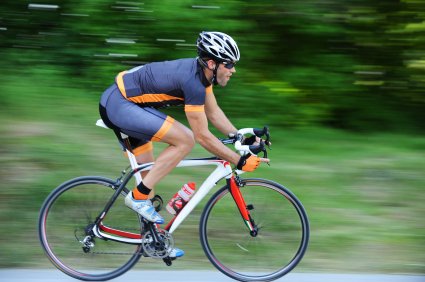 Fred has thousands of miles of cycling under his belt.
Fred has thousands of miles of cycling under his belt.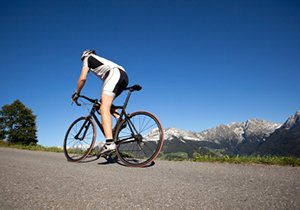
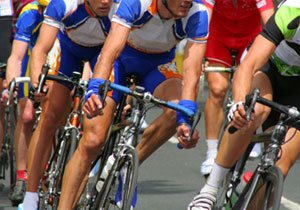
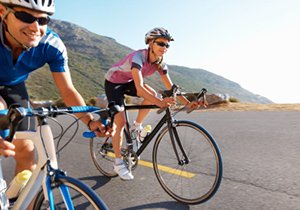
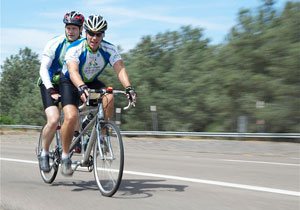

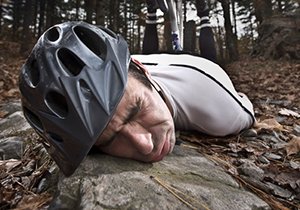


 1620 5th Avenue
1620 5th Avenue 1620 5th Avenue,
1620 5th Avenue,